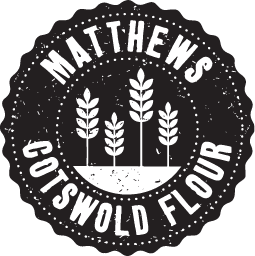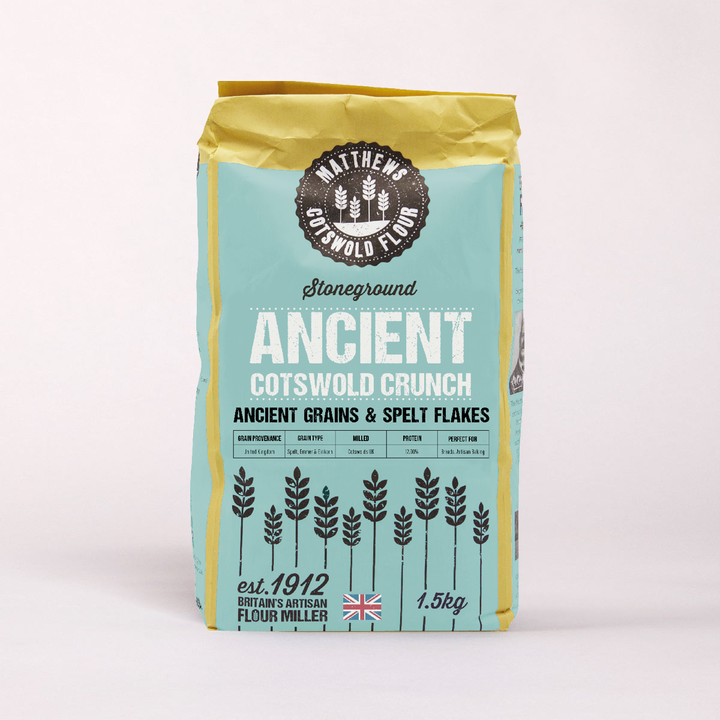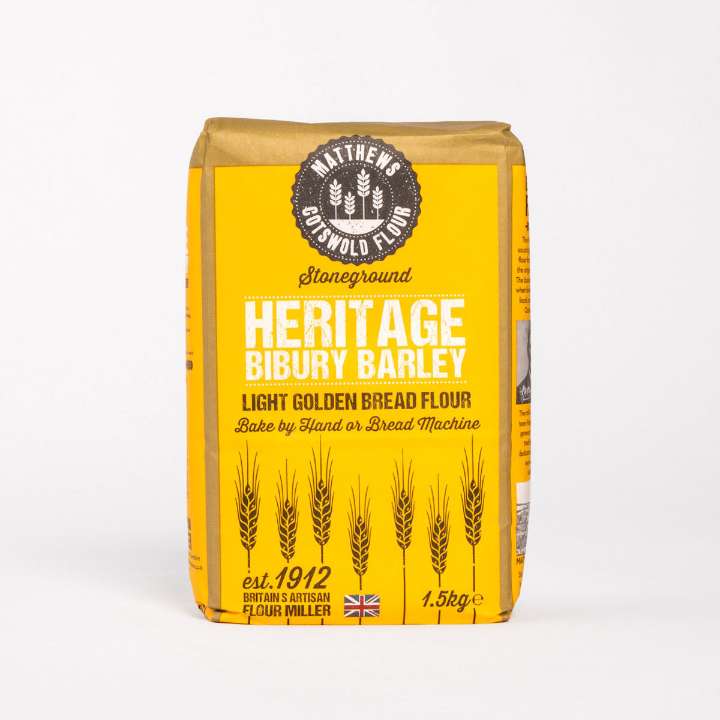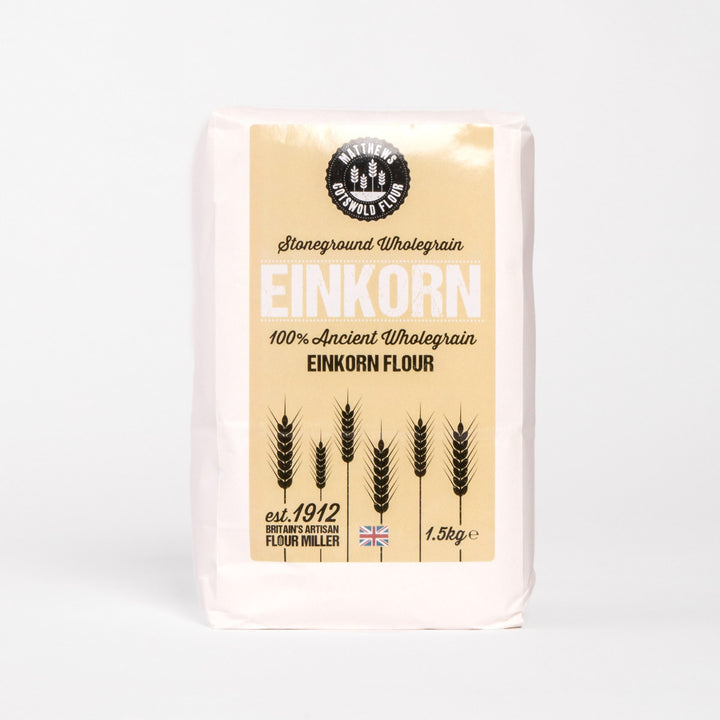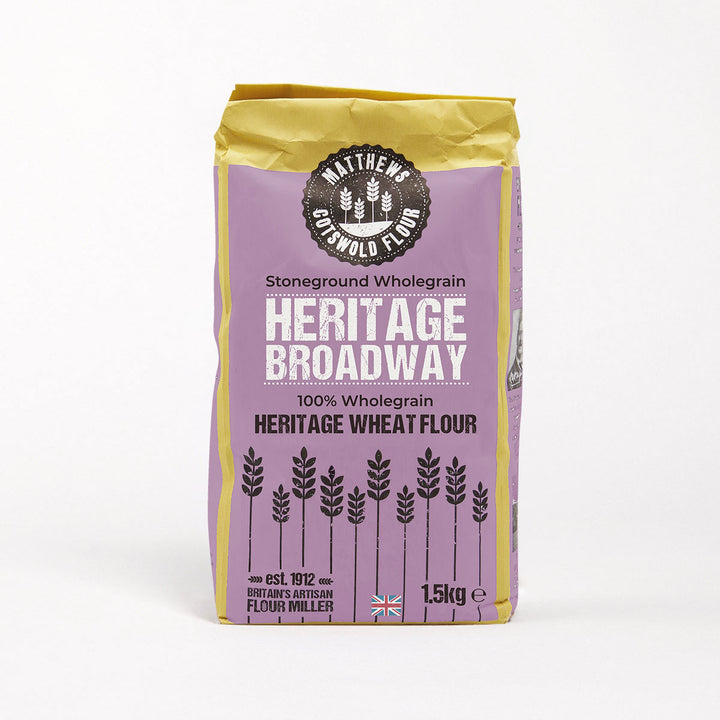7 Plant-based protein sources best for your body!
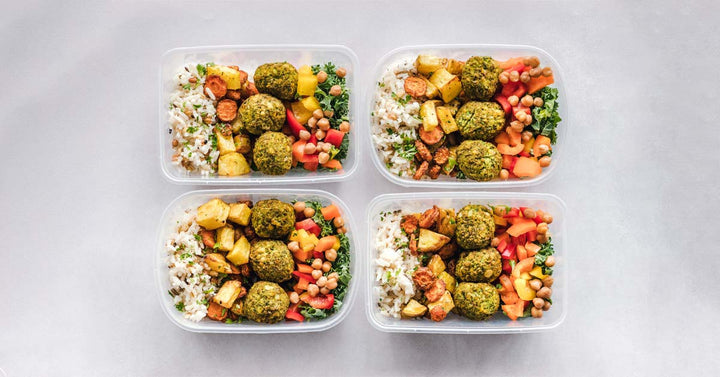
1. Tofu, tempeh and edamame
Tofu, tempeh, and edamame all originate from soybeans.
Soybeans are considered a whole source of protein. This means that they provide the body with all the essential amino acids it needs.
Edamame are immature soybeans that exerts a sweet and slightly grassy taste. They need to be steamed or boiled prior to consumption and can be eaten on their own or added to soups and salads.
Tofu is made from bean curds pressed together in a process similar to cheesemaking. Although Tofu isn’t as flavoursome as other foods, it easily absorbs the flavor of the ingredients it’s prepared with.
Tempeh is made by cooking and slightly fermenting mature soybeans prior to pressing them into a patty.
Both tofu and tempeh can be used in a variety of recipes, ranging from burgers to soups and chilis.
All three food types contain iron, calcium and 10 to 19 grams of protein per 100 grams.
Edamame are also rich in folate, vitamin K and fiber. Tempeh contains a good amount of probiotics, B vitamins and minerals such as magnesium and phosphorus.
2. Chickpeas and most varieties of beans
Kidney, black, pinto, and most other varieties of beans contain high amounts of protein per serving.
Chickpeas, also known as garbanzo beans, are another legume with a high protein content.
Both beans and chickpeas contain about 15 grams of protein per 240 ml. They are also excellent sources of complex carbs, fiber, iron, folate, phosphorus, potassium, manganese and several beneficial plant compounds.
Moreover, research shows that a diet rich in beans and other legumes can decrease cholesterol, help control blood sugar levels, lower blood pressure and even reduce belly fat.
You can incorporate beans to your diet by making a tasty bowl of homemade chili, or enjoy extra health benefits by sprinkling a dash of turmeric on roasted chickpeas.
3. Spelt and teff
Spelt belongs to a category known as ancient grains. Other ancient grains include einkorn, barley, sorghum and farro.
Spelt is a type of wheat and contains gluten, whereas teff originates from an annual grass, which means it’s gluten-free.
Spelt provides 10 to 11 grams of protein per cup (240 ml), making them higher in protein than other ancient grains.
Food made out of spelt or spelt flour are excellent sources of various nutrients, including complex carbs, fiber, iron, magnesium, phosphorus and manganese. Foods that contain spelt or spelt flour also contain good amounts of B vitamins, zinc and selenium.
4. Soy milk
Milk that’s made from soybeans and fortified with vitamins and minerals is a great alternative to cow’s milk.
Not only does it contain 7 grams of protein per 240 ml, but it’s also an excellent source of calcium, vitamin D and vitamin B12.
Soy milk is found in most grocery stores. It’s an incredibly versatile product that can be consumed on its own or in a variety of cooking and baking recipes.
5. Oats and oatmeal
Oats are an easy and delicious way to add protein to any diet.
Roughly 120ml of dry oats provides you with approximately 6 grams of protein and 4 grams of fiber. This portion also contains good amounts of magnesium, zinc, phosphorus and folate.
Although oats aren’t considered a complete protein, they do contain higher-quality protein than other commonly consumed grains like rice and wheat.
You can use oats in a variety of recipes ranging from oatmeal to veggie burgers. They can also be ground into flour and used for baking.
6. Wild rice
Wild rice contains approximately 1.5 times as much protein as other long-grain rice varieties, including brown rice and basmati.
Approximately 240 ml of cooked wild rice provides 7 grams of protein, in addition to a good amount of fiber, manganese, magnesium, copper, phosphorus and B vitamins.
Unlike white rice, wild rice is not stripped of its bran. This is beneficial from a nutritional perspective, since bran contains fiber and plenty of vitamins and minerals.
7. Nuts, nut butters and other seeds
Nuts, seeds and their derived products are great sources of protein.
28 grams of nuts, seeds, or their derived products contain between 5–7 grams of protein, depending on the nut and seed variety.
Nuts and seeds are also great sources of fiber and healthy fats, in addition to iron, calcium, magnesium, selenium, phosphorus, vitamin E and certain B vitamins. They also contain antioxidants, among other beneficial plant compounds.
When choosing which nuts and seeds to buy, keep in mind that blanching and roasting may damage the nutrients in nuts. So reach for raw, unblanched versions whenever possible.
Also, try opting for natural nut butters to avoid the oil, sugar and excess salt often added to many household brand varieties.
← Older Post Newer Post →
